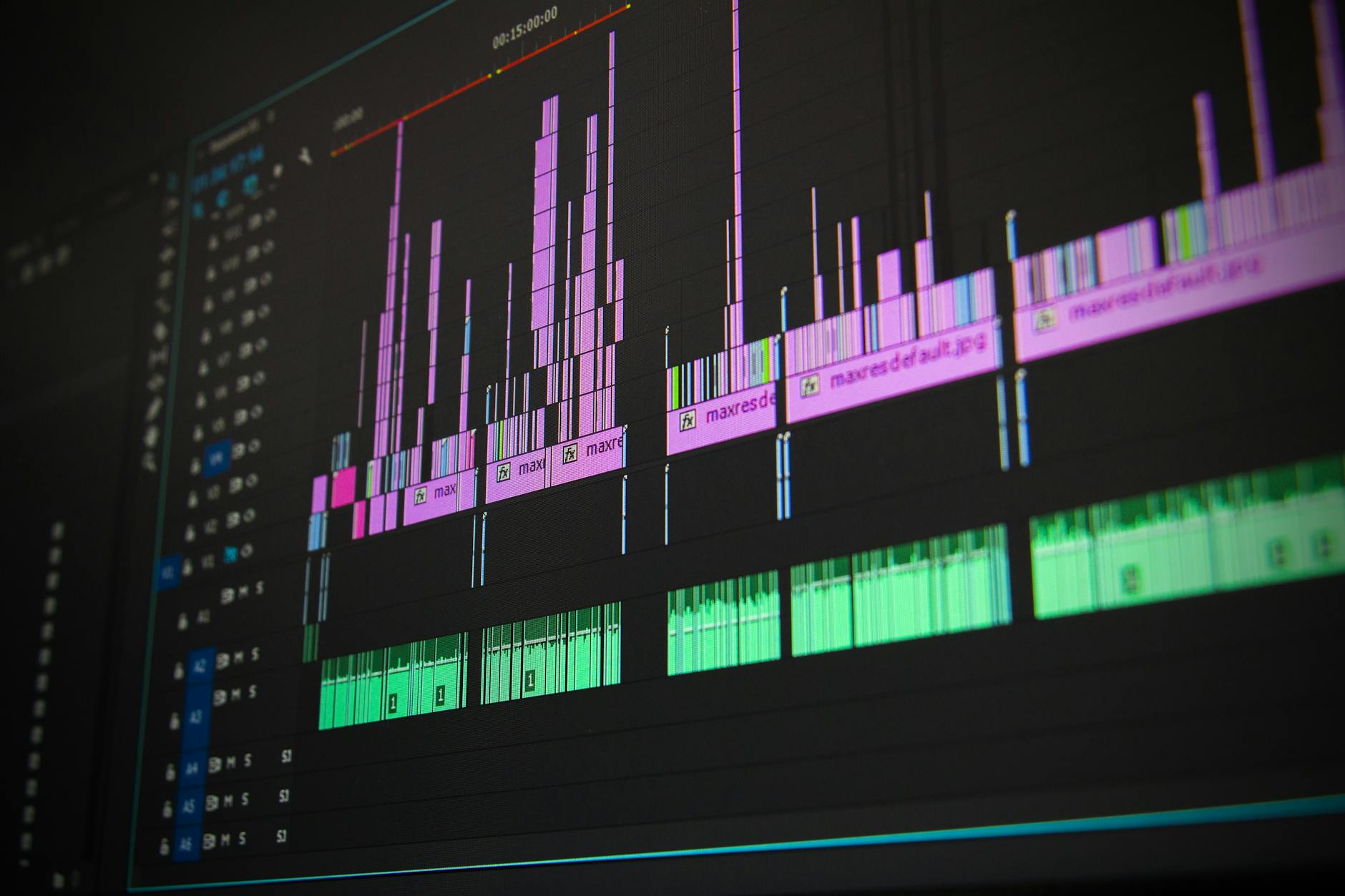Suno Studio: Is the ‘Generative AI DAW’ Just a Glorified Prompt Box, or Does it Actually Make Music?

Introduction: The tech world is abuzz with Suno Studio’s entry into the Digital Audio Workstation space, promising to democratize music creation through generative AI. Yet, as a seasoned observer, I can’t help but question whether this is a genuine leap forward for artistry or merely another sophisticated algorithm dressed up in creative clothes, threatening to homogenize rather than revolutionize. My analysis today delves into the tangible benefits versus the enduring skepticism surrounding AI’s role in the inherently human domain of music.
Key Points
- The fundamental tension for Suno Studio lies in reconciling the desire for instant, AI-generated output with the deep-seated human need for granular creative control and unique artistic expression inherent in music production.
- Its emergence signals a significant, if contentious, inflection point for the music industry, potentially redefining roles for producers and composers, while simultaneously raising critical questions about intellectual property and the very definition of authenticity in art.
- Despite the allure of rapid creation, the ultimate success of Suno Studio will hinge on its ability to transcend generic, prompt-driven results and seamlessly integrate into demanding professional workflows, rather than remaining a novelty for casual users or a factory for background tracks.
In-Depth Analysis
The concept of a “Generative AI DAW” like Suno Studio initially sounds like a dream for aspiring musicians or a nightmare for established artists, depending on one’s perspective. Traditional DAWs such as Ableton Live, Logic Pro, or Pro Tools are intricate ecosystems of instruments, effects, mixers, and editors, designed to give the user absolute, pixel-level control over every sound. They are tools that augment human skill, not replace it. Suno Studio, by contrast, appears to position AI not just as a co-pilot, but potentially as the primary composer or arranger, taking a text prompt and delivering a more-or-less complete musical piece.
This paradigm shift immediately raises several red flags for anyone familiar with the nuances of music production. Can an algorithm truly replicate the serendipitous creativity, the emotional depth, or the intentional imperfection that defines great human-composed music? Current generative AI, while impressive, often excels at pastiche – taking existing styles and tropes and recombining them. This often results in music that is technically competent but emotionally sterile or generically familiar. The true ‘why’ behind a specific chord progression or melodic choice, the narrative arc of a composition, or the subtle interplay between instruments, often stems from human experience and intent that AI currently struggles to grasp beyond statistical correlation.
Furthermore, a “DAW” implies comprehensive editing and mixing capabilities. While Suno Studio may allow some post-generation tweaking, it’s unlikely to offer the same surgical precision over individual notes, velocities, mic positions, or automation curves that professional producers demand. The ‘how’ of its operation likely involves sophisticated large language models trained on vast musical datasets, allowing it to generate instrumental parts, vocal melodies, and lyrics based on user input. The real-world impact is clear: it lowers the barrier to entry, enabling anyone to generate a basic track quickly. This could be a boon for content creators needing background music or hobbyists exploring ideas. However, for professionals, the lack of granular control over every sonic detail, combined with the inherent “black box” nature of AI generation, could be a significant deterrent. The risk is a flood of algorithmically similar content, eroding artistic distinctiveness and potentially devaluing human craft. The question isn’t whether it can make a song, but whether it can make your song, with your vision, and your unique fingerprint.
Contrasting Viewpoint
Proponents of Suno Studio and generative AI in music argue that this technology is not about replacing human creativity, but augmenting it and democratizing access. They envision a future where AI acts as an invaluable creative partner, offering endless starting points for inspiration or rapidly iterating on musical ideas that would take humans hours to develop. For independent artists, YouTubers, or small businesses needing bespoke background music without a massive budget, Suno Studio could be a game-changer, removing the financial and technical barriers to high-quality audio. Its ability to generate novel combinations of genres and styles might spark entirely new musical movements, pushing the boundaries of what’s possible. Furthermore, for composers battling writer’s block, an AI assistant could provide fresh perspectives, helping to break creative stalemates and accelerate the production workflow. The sheer speed of generation and the potential for personalized, on-demand music tailored to specific moods or contexts represents a massive market opportunity, far beyond the confines of traditional music production.
Future Outlook
Over the next 1-2 years, Suno Studio will likely solidify its position as a compelling tool for casual creators and potentially a “sketchpad” for professionals. Its biggest hurdle will be scaling its capabilities beyond mere novelty to offer the kind of nuanced control and distinctive output that attracts serious musicians. Expect improvements in sound quality, more flexible editing interfaces post-generation, and perhaps more sophisticated “style transfer” options. However, widespread adoption by established industry professionals, who rely on decades of learned craft and precision, remains a significant challenge. The issues of intellectual property – who owns the AI-generated music, and what happens when it infringes on existing works? – will also need clearer legal frameworks. Suno Studio’s realistic trajectory is to carve out a substantial niche in the burgeoning market for royalty-free music and personalized sonic experiences, while traditional DAWs continue to reign supreme in professional studios where human touch, intricate detail, and unmistakable artistic identity remain paramount.
For more context, see our deep dive on [[AI’s Unsettling Impact on Creative Labor and Intellectual Property]].
Further Reading
Original Source: Suno Studio, a Generative AI DAW (Hacker News (AI Search))